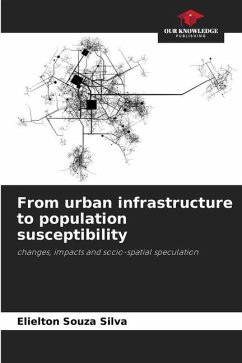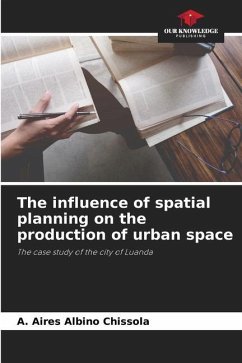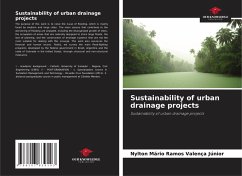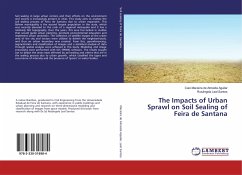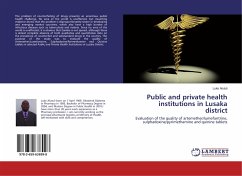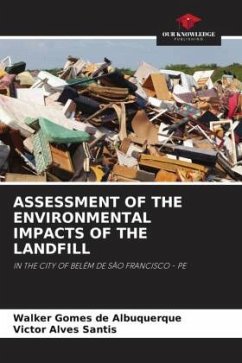
The social and environmental function of the private safeguards instrument
Versandkostenfrei!
Versandfertig in 6-10 Tagen
27,99 €
inkl. MwSt.

PAYBACK Punkte
14 °P sammeln!
This study is an analysis of the Private Instrument of Guarantee for the Execution of Urban Infrastructure Works in Land Parcelling, signed between the allotment company (the contractor) and the Brazilian municipal government (the contracting party), with the aim of visualising its legal applicability. To this end, the methodology chosen was explanatory research, through an exploratory and descriptive study, using bibliographies consulted in articles and books. We observed that there is a probable omission on the part of the municipal government in supervising the execution of this contract, w...
This study is an analysis of the Private Instrument of Guarantee for the Execution of Urban Infrastructure Works in Land Parcelling, signed between the allotment company (the contractor) and the Brazilian municipal government (the contracting party), with the aim of visualising its legal applicability. To this end, the methodology chosen was explanatory research, through an exploratory and descriptive study, using bibliographies consulted in articles and books. We observed that there is a probable omission on the part of the municipal government in supervising the execution of this contract, within the provisions of the legislation, as well as an omission on the part of the contractor in complying with the infrastructure works on the land parcel. We realise that the conduct of the parties involved can interfere with the urban development of the city and cause consequences for the socio-environmental quality of life of the population, with repercussions on health. In the course ofthis research, it became clear that the legal view of the concept of property has changed over time, since today the principles of social function affect it.





